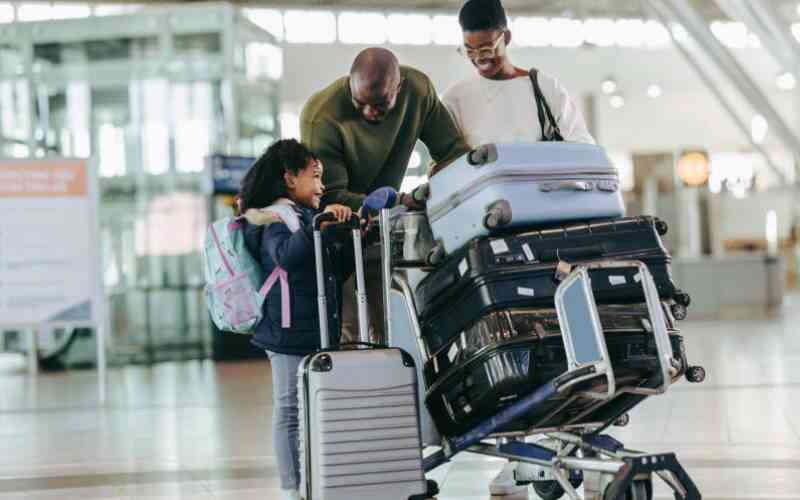
There is something special and magical even when it comes to travelling. And this is why we all love travelling and visiting new places whether it is for business or leisure.
Experiencing different cultures and environments all over the world is something that we all dream of doing. The process of planning, booking and travelling seems to be simple for most people. For a person with a disability, however, that can be a hustle.
Travelling with a disability requires some extra planning because special considerations must be taken into account for smooth travel. Luckily, there are some great tips available that can make your travel experience better.
1. Prepare in advance
First things first, get the right information from the right people. It is important to make inquiries from certified travel agents before you embark on a trip. This will ensure you have a stress free trip on top of the extra services you need such as transport from the airport to your hotel and providing wheelchair and scooter rentals. Preparing in advance also allows you to organize orders for medication you may need to prevent delays.
2. Be open with service providers
Ensure that you clearly describe your condition to the airline, hotel and any other service provider prior to travelling. This gives them adequate time to make special preparations and prevent inconveniences along the way. Should you need to bring along an animal, minder, special equipment or medication, it is important you inform them should issues or rules barring them come up.
Double-check with them hours before you leave. Accord the same keenness when travelling back home in order to make your travel experience better.
3. Do research on the destination
Adequately researching on your destination helps you to be aware of some of the limitations and complications you might experience. Take this time to find out if the place is disability-friendly and if there are any local medical associations in the area. These associations can assist you with medical supplies and any medical assistance you might need.

4. Confirm with your doctor
You must communicate with your doctor in detail on where you plan to go, how long the trip will be, and any other details in order for him to recommend the proper measures you need to take. He can also provide you with additional emergency contact information which may come in handy.
5. Carry extra medication
Depending on your doctor’s orders and what medication you may be on, always carry a surplus of it. It is best to be well prepared for emergencies. It is better to carry extra medication and not use all of it rather than carry less and urgently need more in case of a problem.
6. Carry medical and emergency contact information
Have your travel insurance documentation, your doctor's contact information and your travel agent’s contact information with you in your hand luggage. Having a doctor’s letter describing your condition is also essential while you travel. In addition, learn the names of the medication you have in case any health emergency arises.
7. Manage your time
Missing your flight or bus can give you instant ulcers, so avoid it. Factoring in traffic and long check-in procedures, give yourself enough time for ticket and security checkpoints and boarding time. Be prepared for long security checkpoints which may often take place as they inspect your medication to ensure they are within the guidelines of the law.
 The Standard Group Plc is a multi-media organization with investments in media platforms spanning newspaper print
operations, television, radio broadcasting, digital and online services. The Standard Group is recognized as a
leading multi-media house in Kenya with a key influence in matters of national and international interest.
The Standard Group Plc is a multi-media organization with investments in media platforms spanning newspaper print
operations, television, radio broadcasting, digital and online services. The Standard Group is recognized as a
leading multi-media house in Kenya with a key influence in matters of national and international interest.










